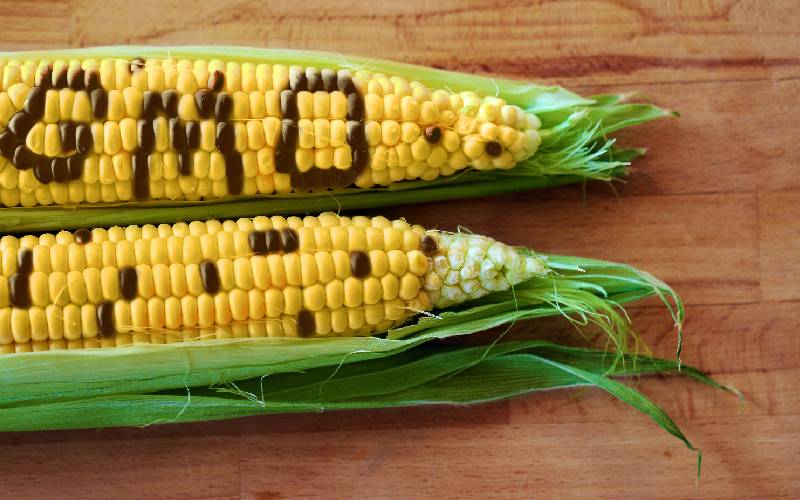×
The Standard e-Paper
Join Thousands Daily

Using GM crops, we can achieve successful land rotation, and degraded land can be taken out of production. [Courtesy]
If we are to feed 9.7 billion people by 2050, we must act quickly. Genetically modified crops may offer a solution.







